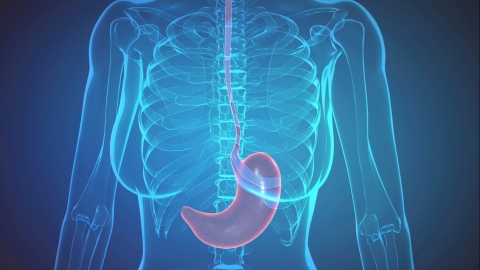Is a gastric mucosal protrusion a tumor?
Gastric mucosal protrusion is not necessarily a tumor; it may be caused by benign conditions such as inflammatory hyperplasia, polyps, or leiomyoma. Only a small proportion are malignant tumors such as gastric cancer or gastrointestinal stromal tumors (GIST). Further examinations are required to determine the exact nature. If symptoms such as stomach pain, black stools, or unexplained weight loss occur, prompt medical evaluation is recommended.

In terms of common causes, benign lesions account for the majority. Chronic inflammation can stimulate localized hyperplasia of the gastric mucosa, leading to protrusions—for example, chronic atrophic gastritis with hyperplasia. Gastric polyps also present as mucosal protrusions and are typically slow-growing with low risk of malignancy. Benign tumors such as gastric leiomyomas are usually firm in texture, located beneath the mucosa, and often asymptomatic.
A minority of gastric mucosal protrusions are malignant. Early gastric cancer may appear as rough, elevated lesions accompanied by erosion. Gastrointestinal stromal tumors (GISTs), especially when large or rapidly growing, may also have malignant potential. Clinical diagnosis relies on pathological biopsy—taking tissue samples from the protruded area for microscopic examination—which remains the gold standard for determining whether the lesion is a tumor and distinguishing between benign and malignant nature.
To maintain gastric health, it is important to adopt regular eating habits, avoid overeating, reduce consumption of spicy or excessively hot foods, quit smoking, limit alcohol intake, avoid long-term use of medications that damage the gastric mucosa, and undergo regular gastrointestinal check-ups.




